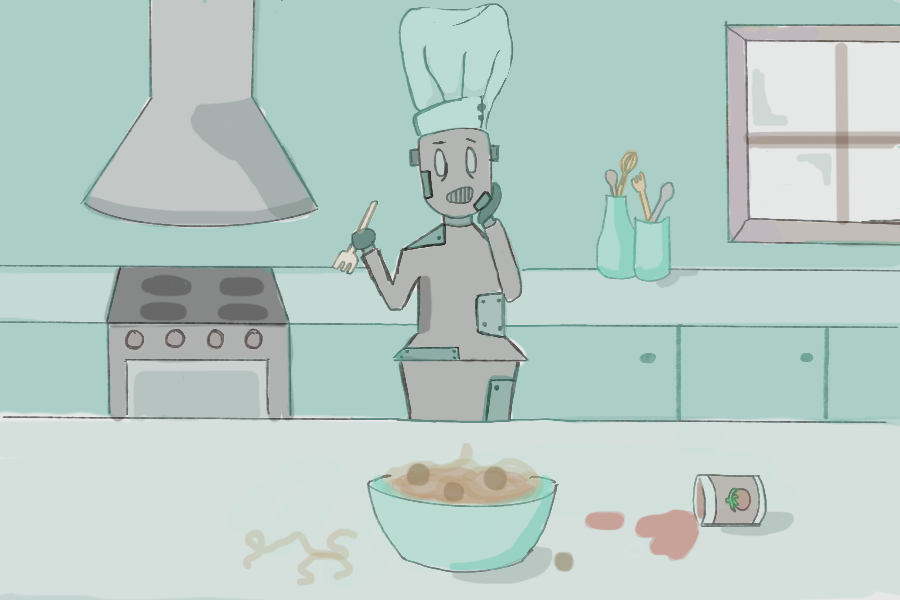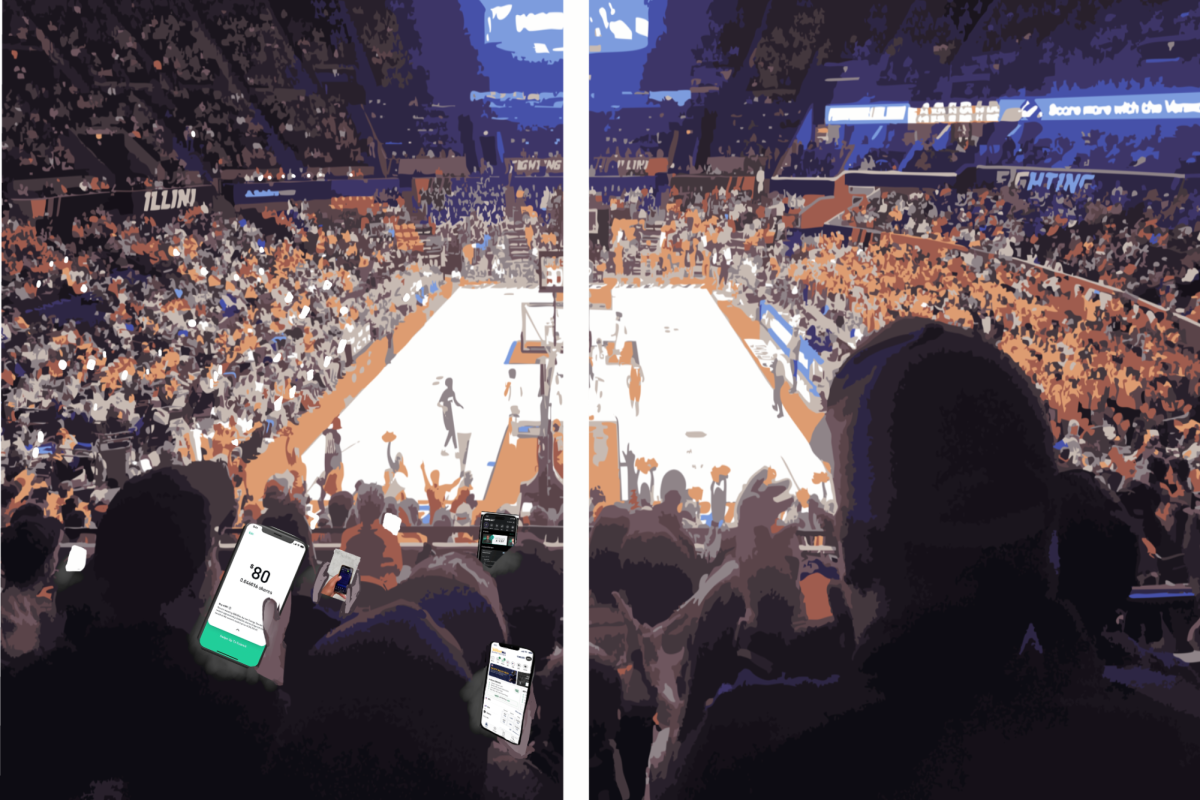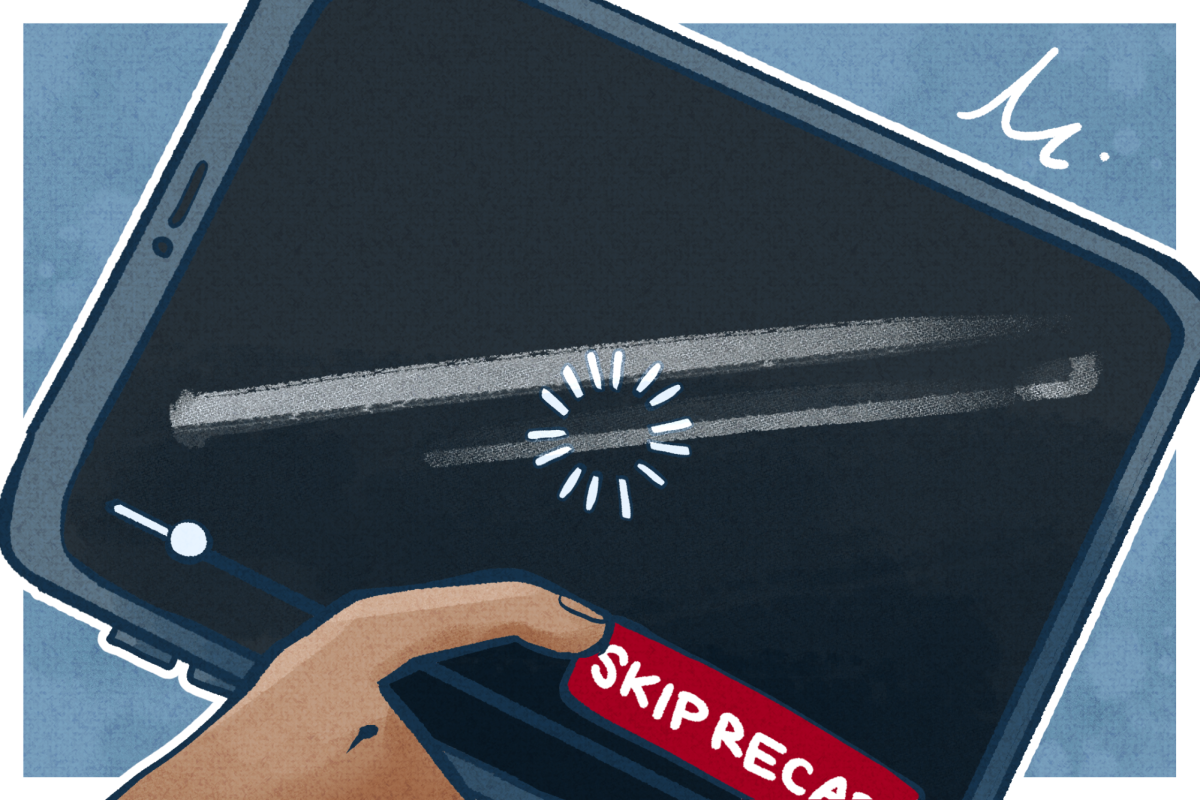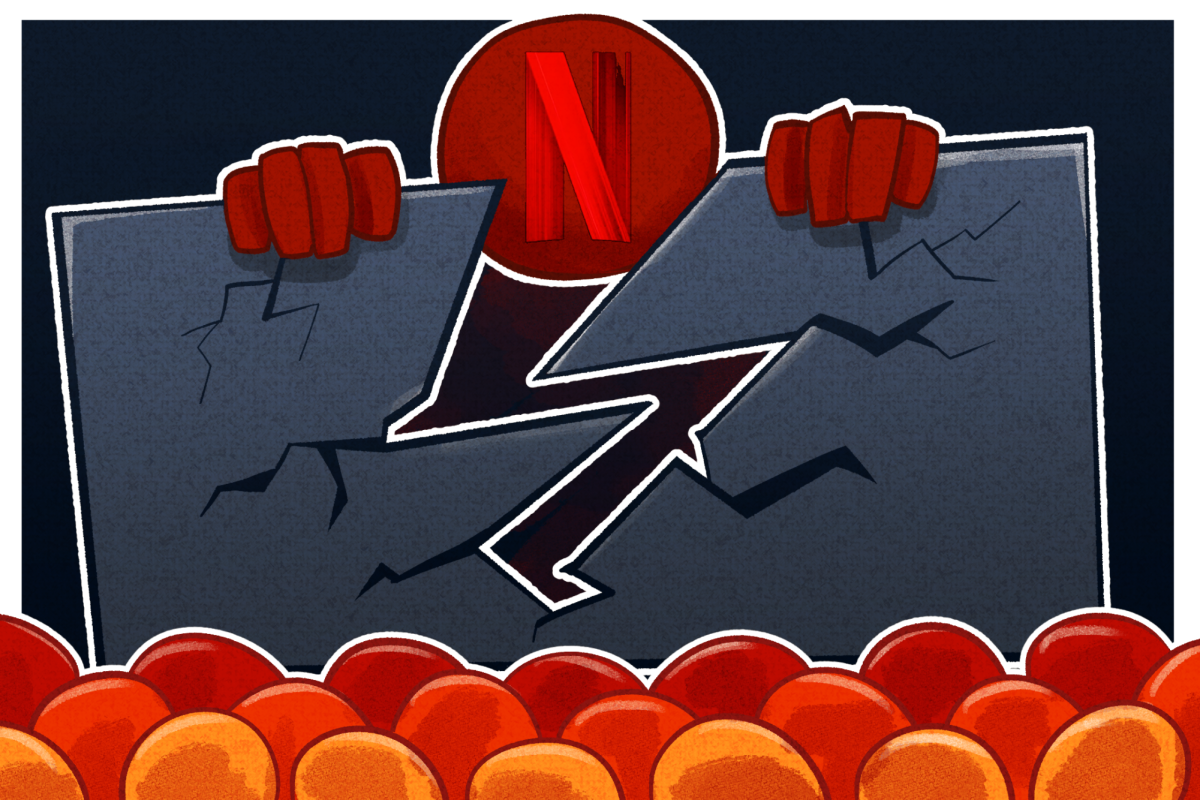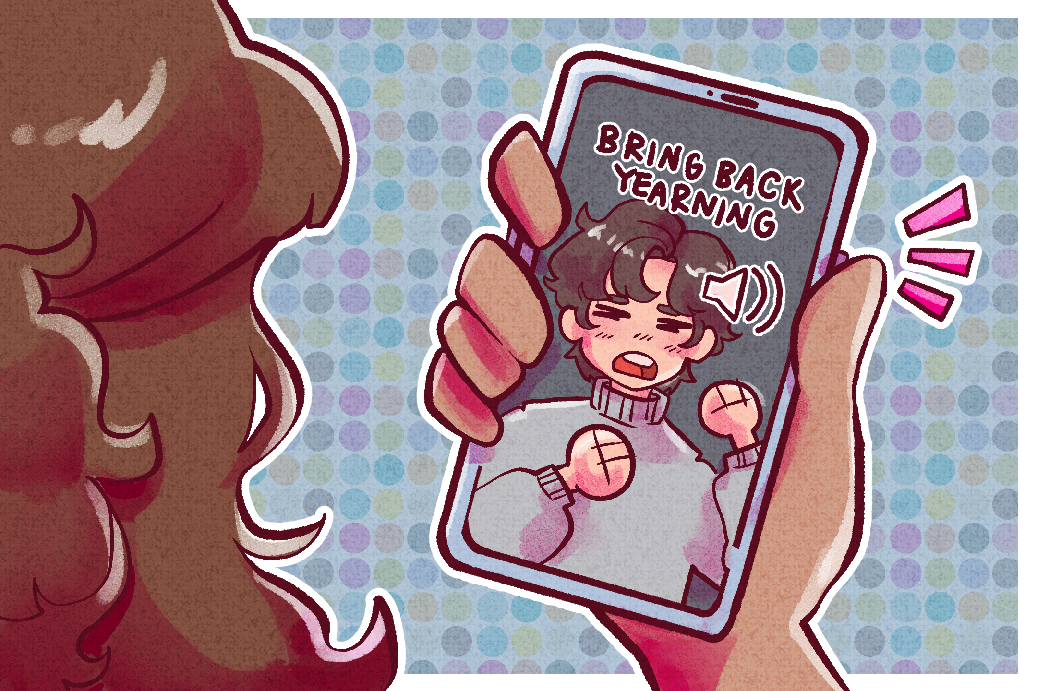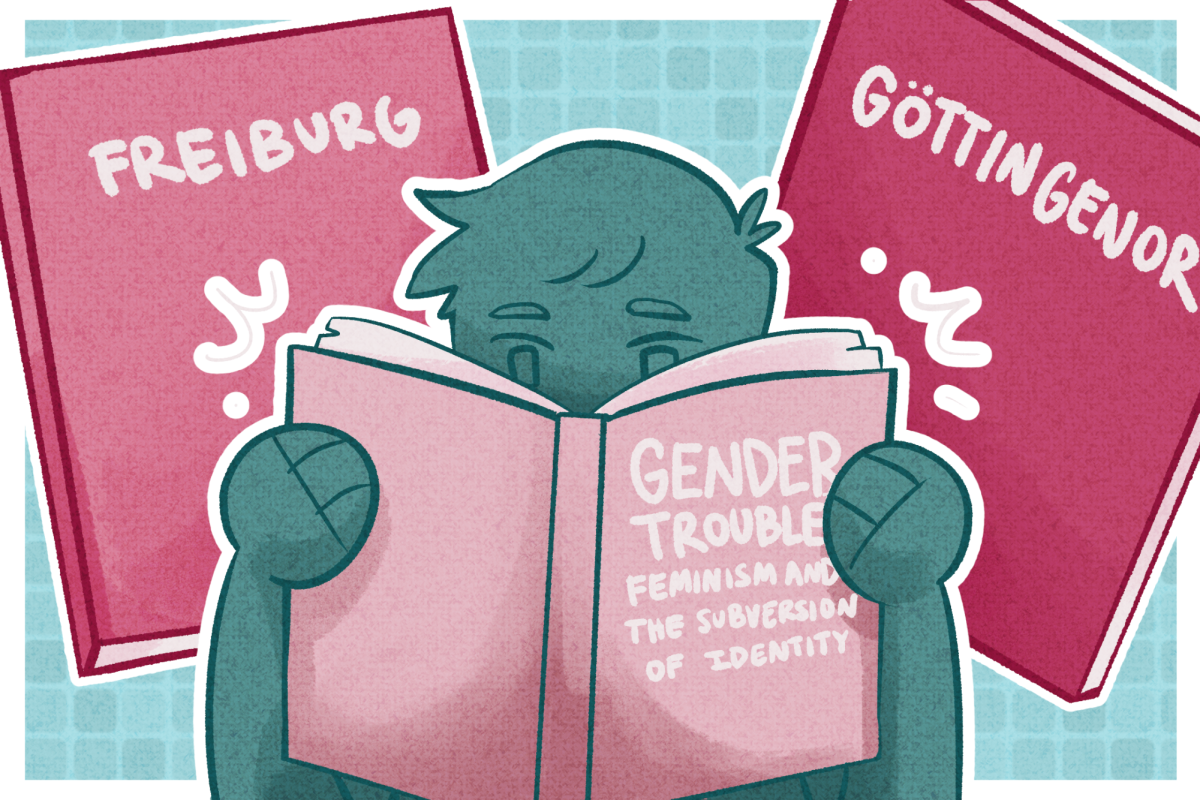Artificial intelligence is like the latest smartphone upgrade. It’s exciting and has some cool new features, but it doesn’t completely change the basics of our daily lives. We still use our phones for texting, social media and checking the news, just like we always have. AI is similar — it’s a new tool that’s smart and can do some amazing things, but at its core, it doesn’t change our everyday routines.
Think back to when smartphones first hit the scene. Everyone was saying they’d change everything. And yes, they’ve made a lot of tasks easier and more enjoyable. But we’re still doing the same basic stuff — working, hanging out with friends and enjoying our hobbies. AI is a shiny new tool that helps us out, but it doesn’t flip our whole world around.
See, AI is excellent at specific tasks. It can sort data super quickly or recognize patterns we can hardly see. But when it comes to tasks that require a human, like making tough decisions or understanding emotions, AI just can’t compete.
Society adapts to new things, but it’s more like a slow, turning ship than a speedboat. Laws, rules and public opinion about things like privacy keep AI from moving too fast. This means that we have time to adjust to new AI technologies without feeling like everything is suddenly changing around us.
The Gartner Hype Cycle, an annual report on emerging technology, mentions the lifespan of prompt engineering — the process of conversing with AI with certain cues for the desired result — to be three to five years. Lifespan in this instance refers to how long prompt engineering will captivate the public until disillusionment sets in.
Get The Daily Illini in your inbox!
Here’s an important thing about humans: We love being in control, being creative and connecting in meaningful ways. AI can’t replace these aspects of our lives; it’s like having the world’s best calculator.
AI can be useful, but it doesn’t replace the need to solve problems ourselves or have conversations with friends and family. The way we work and learn doesn’t just change overnight because of new technology. It takes time for people to adapt to new tools and for jobs to evolve.
So, even though AI is improving, our daily lives — like going to school or work — aren’t going to be completely different all of a sudden.
On top of all this, think about your favorite hobbies or interests. Whether it’s playing a sport, painting, making music or cooking, these are things AI can’t do for us. They require a human touch, creativity and passion — things that AI can’t replicate. So, even as AI gets more advanced, it won’t take away the joy we find in being human.
AI is definitely exciting and has the potential to do some pretty amazing things. But our everyday life isn’t going to completely change because of it. It’s important, especially if you’re a student thinking about the potential impact of AI, to consider that AI is just one part of our big, complicated world.
It’s not the whole story, and it certainly isn’t the master of our destiny.
Harrison is a senior in LAS.



